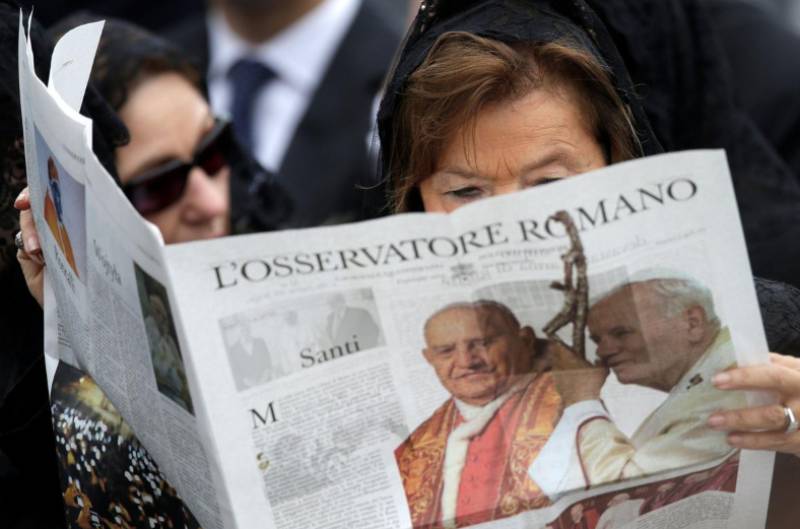×
The Standard e-Paper
Smart Minds Choose Us

The Vatican daily L’Osservatore Romano, which Pope Francis has jokingly called “the party newspaper”, suspended printing for only the third time in nearly 160 years on Wednesday due to the coronavirus.
The paper, which was founded in 1861, will continue publishing online and most of its staff of about 60, including 20 journalists, will work from home, editor Andrea Monda said.